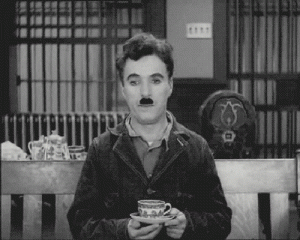The Shape of a Story
I took graduate linguistics courses from Robert Longacre in the early 80s. He often described narrative plot structures in a way similar to Kurt Vonnegut. However, Longacre’s schema was more detailed.
One of the details of plot structure I remember was a discussion of the ‘inciting incident’. Between the ‘beginning and middle’ often discussed as the overall structure of a story, is the occasion where something unusual happens, the event that makes the story begin to be interesting.
What the inciting incident looks like is sometimes called the ‘One day…’ part of the story. So, you begin the story (‘Once upon a time…’ or ‘A long time ago in a galaxy far away…’) where you set a stage. ‘Tom was an unfortunate girl who grew up in the hamlet of Zizzor, just south of London…’ (Added detail—with hat-tip to Umberto Eco): ‘Unfortunately also, she had no need to wear glasses.’) Stage-setting is mostly about description, providing a world for the participants and others to be introduced to readers. But description is not narration. The narration per se begins with the first event of the story.
The inciting incident begins with something like: ‘On one particularly cloudy Tuesday, Tom boarded the bus that would take her to school (or as she liked to think of it, prison). The only available seat was next to an ancient toad-like (gentle)man in a rather rumpled suit of indeterminate colour. Because Tom did not want to stand for the half-hour ride, she sat next to the man. Tom settled herself as the bus pulled away from the stop. Breaking the unspoken law of public transport, the man turned and looked Tom over very carefully, as if considering something that made Tom quite uncomfortable. At the very moment Tom was about to ask her ‘assailant’ not to stare, the man spoke…’ At this point, the story is off and running (or readers have clicked away to something else).
I think different people approach storytelling in different ways, but for me, the story begins with the inciting incident. When I tell design stories, I always begin with the inciting incident. Others may decide upon an overall structure for the story or some moral area they want to explore, but for me, it’s as if the story needs to begin to tell itself to me, so that I can tell it to others. Later on, I’ll figure out what principle the story should illustrate or what the overall plot structure should be and other details.
Then again, I’m not a published author, so following me might lead to misfortune.


